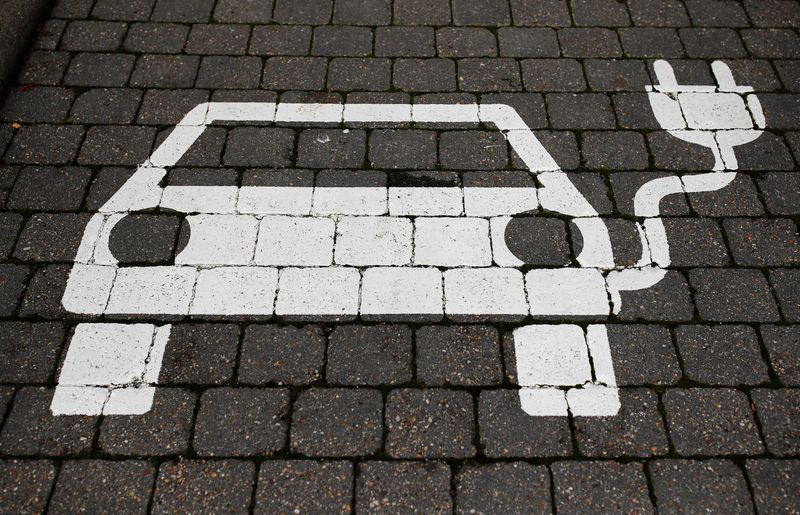(Reuters) - Battery electric vehicles will be, on average, cheaper to produce than a comparable internal combustion engine by 2027 thanks to new manufacturing methods that are lowering production costs, market research firm Gartner (NYSE:IT) said on Thursday.
Gartner expects production costs to drop considerably faster than the costs of batteries, which are the most expensive part of an EV and account for around 40% of the vehicle's price.
Gartner said its analysis was driven by "innovations that simplify production costs such as centralized vehicle architecture or the introduction of gigacastings that help reduce manufacturing cost and assembly time."
Gigapresses are massive casting machines pioneered by U.S. market leader Tesla (NASDAQ:TSLA) to make large single pieces of vehicle underbodies, streamline production and reduce the work of robots.
"This (the new technology) means BEVs will reach ICE cost parity much faster than initially expected, but at the same time, it will make some repairs of BEVs considerably costlier," said Pedro Pacheco, Vice President of Research at Gartner.
The market research firm expects the average cost of repairing an EV body and battery after a serious accident to rise 30% by 2027. That could make vehicles suffering a collision more prone to a total write-off, as Gartner added that the repair could cost more than the residual value.
High costs tied to repairing EVs are already a concern among potential buyers. Gartner said there could be a consumer backlash if reductions in production costs come at the expense of higher repair costs.

It also expects that about 15% of EV companies founded since the last decade will be acquired or bankrupt by 2027.
"This does not mean the EV sector is crumbling. It is simply entering a new phase where companies with the best products and services will win over the remaining," Pacheco said.